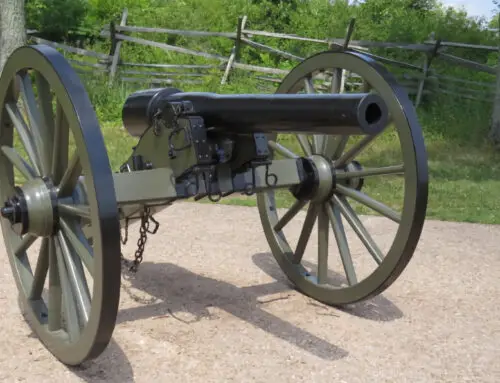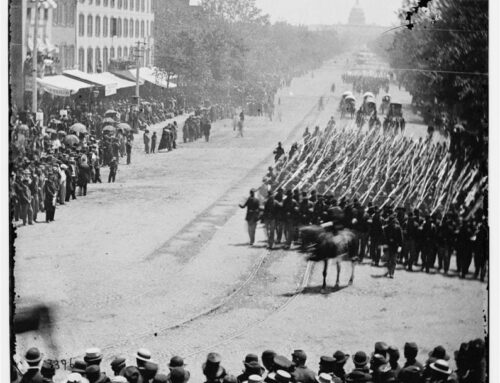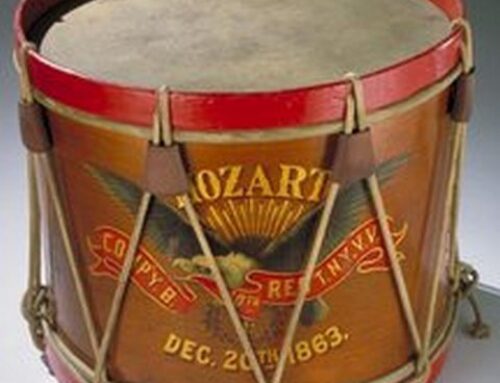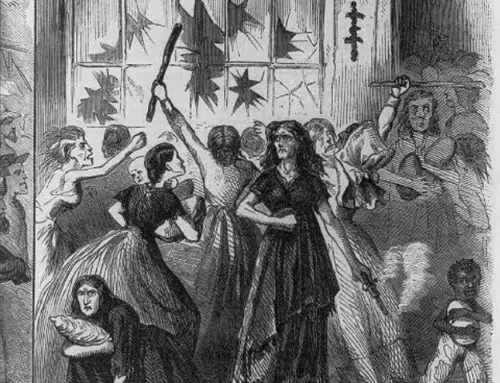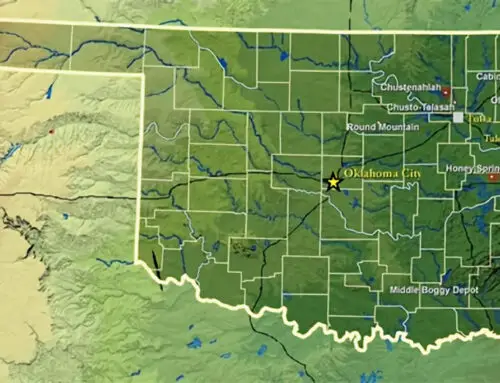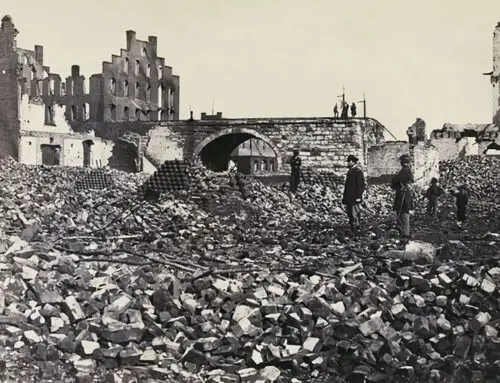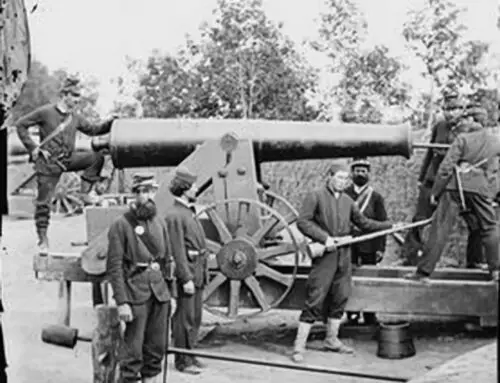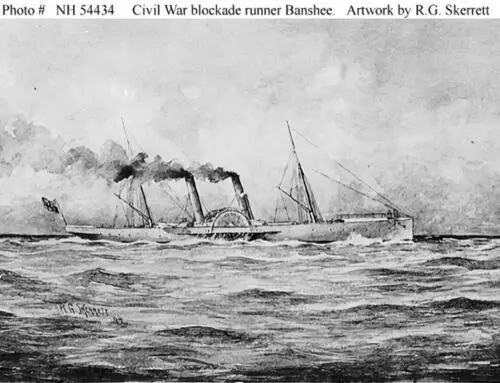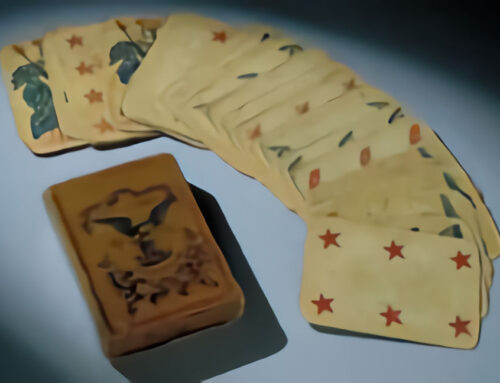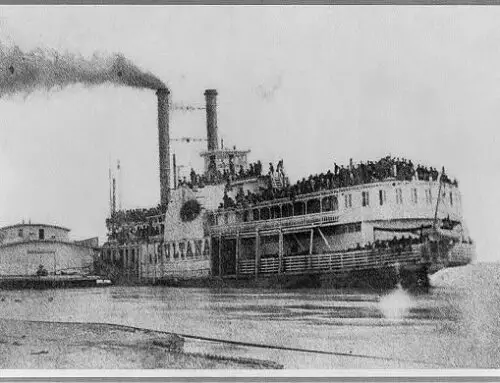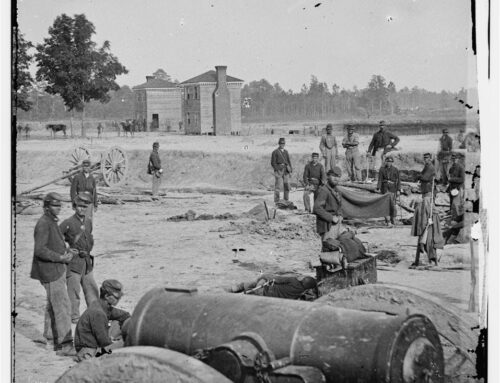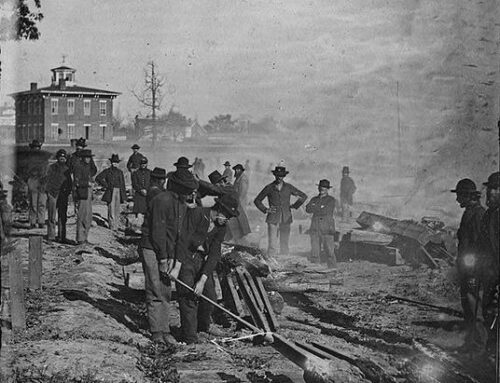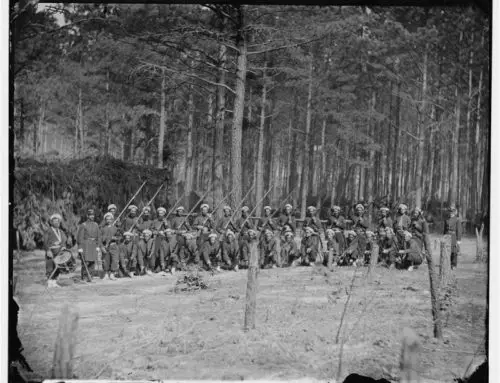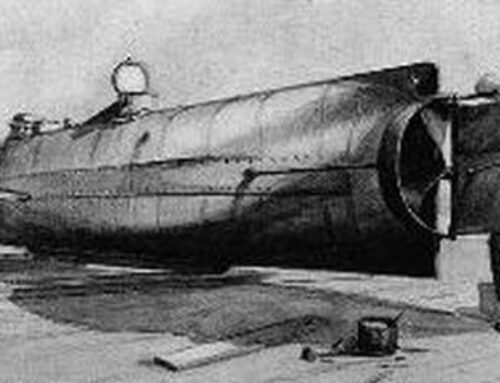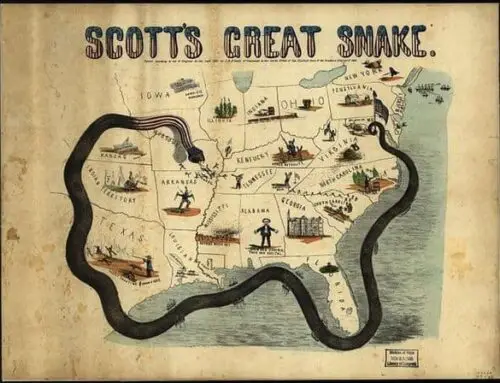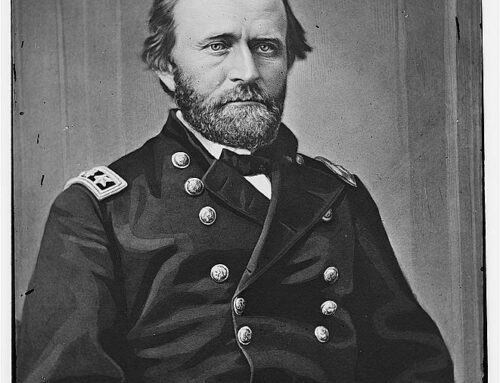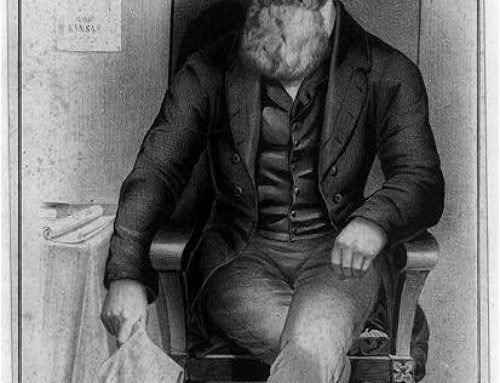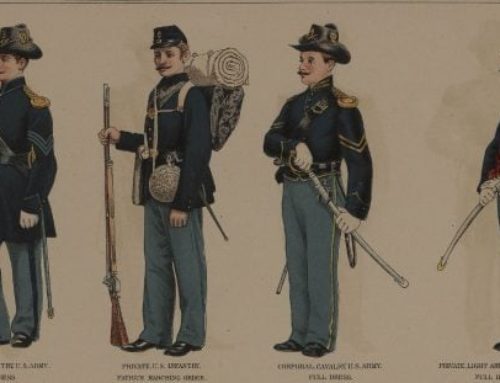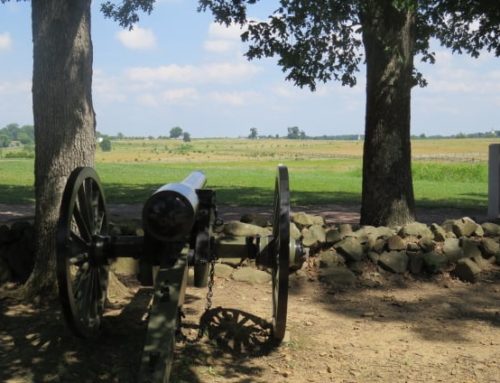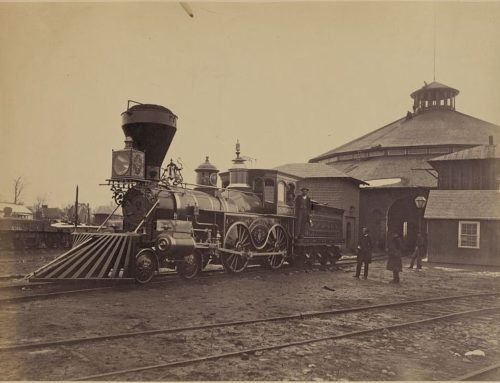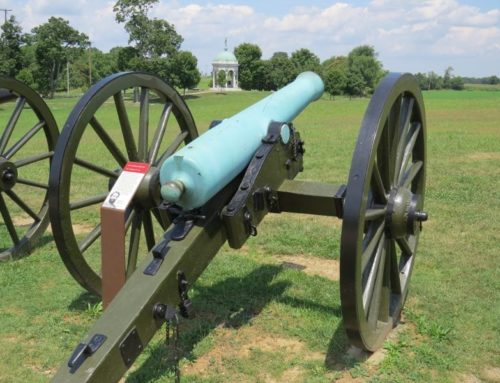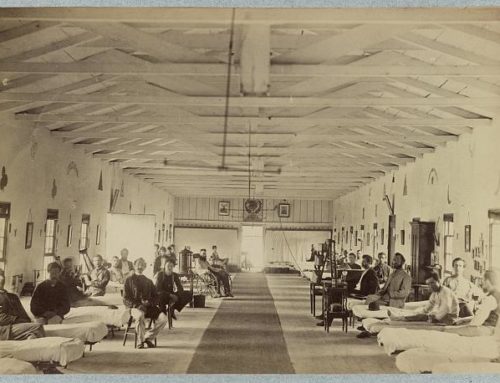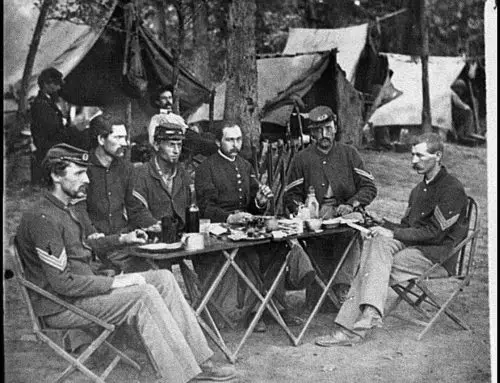(1819-1898)
For his valor demonstrated at Iuka and Corinth, William Rosecrans earned the moniker “Fighting General” from his Federal colleagues. A name that stuck with him during the entire Civil War.
The greatest military compliment he received came from President Lincoln in regards to his winning a hard fought battle at Stones River over the brilliant General Bragg of the Confederacy. Lincoln said, “If Stones River had been a defeat the nation could scarcely have lived over it.”
Strong words from an even stronger man. Yet the irony of that battle would be that his Civil War resume would never again shine so brightly.
He was born at Kingston, Ohio on September 6, 1819. He went to West Point Military Academy and graduated in 1842. He married his hometown sweetheart and had two children.
His upbringing was rather modest with the family educating him mostly at home. The hard lessons taught during those Ohio winters instilled in him the great character he is fondly known for.
After graduating from West Point he enlisted into the army as an officer and spent 12 years fighting Indians and learning his military role. In July 1861 he won a battle at Rich Mountain, West Virginia against a seasoned and heavily armed rebel army. This was his first battle in the Civil War and he did not disappoint, at first.
Before he started to lose his grip on the battles, He kept Robert E. Lee out of West Virginia and saved countless human lives in the process. The bloody losses and wins contributed to his fatigue and sapped his will to fight. In the middle of the Stones River battle, another general took notice of his new demeanor and said about his face, “usually florid face had lost its ruddy color and his anxious eyes told that the disasters of the morning were testing his powers to the very verge of endurance.”
When he returned to Chattanooga, he was weary and his recovery was slow from the beating his army had taken at the hands of the rebels. The war had defeated him and he was definitely unwilling or unable to regain his ‘fighting general” nickname.
One example that pushed Lincoln over the edge in disfavor of him was when General Rosecrans was asked to report on his plans of battle against the Confederates and his replies were vague and confusing.
Lincoln would later say after he reluctantly dismissed Rosecrans from duty, “confused and acting like a duck that had been hit on the head.” He was able to regain a bit of his old self when he was given the command over The Department of Missouri which he valiantly lead to victory over the Confederates in 1864. But the glory was soon lost and in the fall of 1867 he resigned for the final time.
After the Civil War he was appointed by President Andrew Johnson to the role of Ambassador to Mexico in 1868. He served in that position for two years and then went into the private sector. Mining struck a chord in him and he was said to be one with the rock. Eventually he retired and spent the remainder of his days in California. On March 11, 1898 he died peacefully in his sleep.


